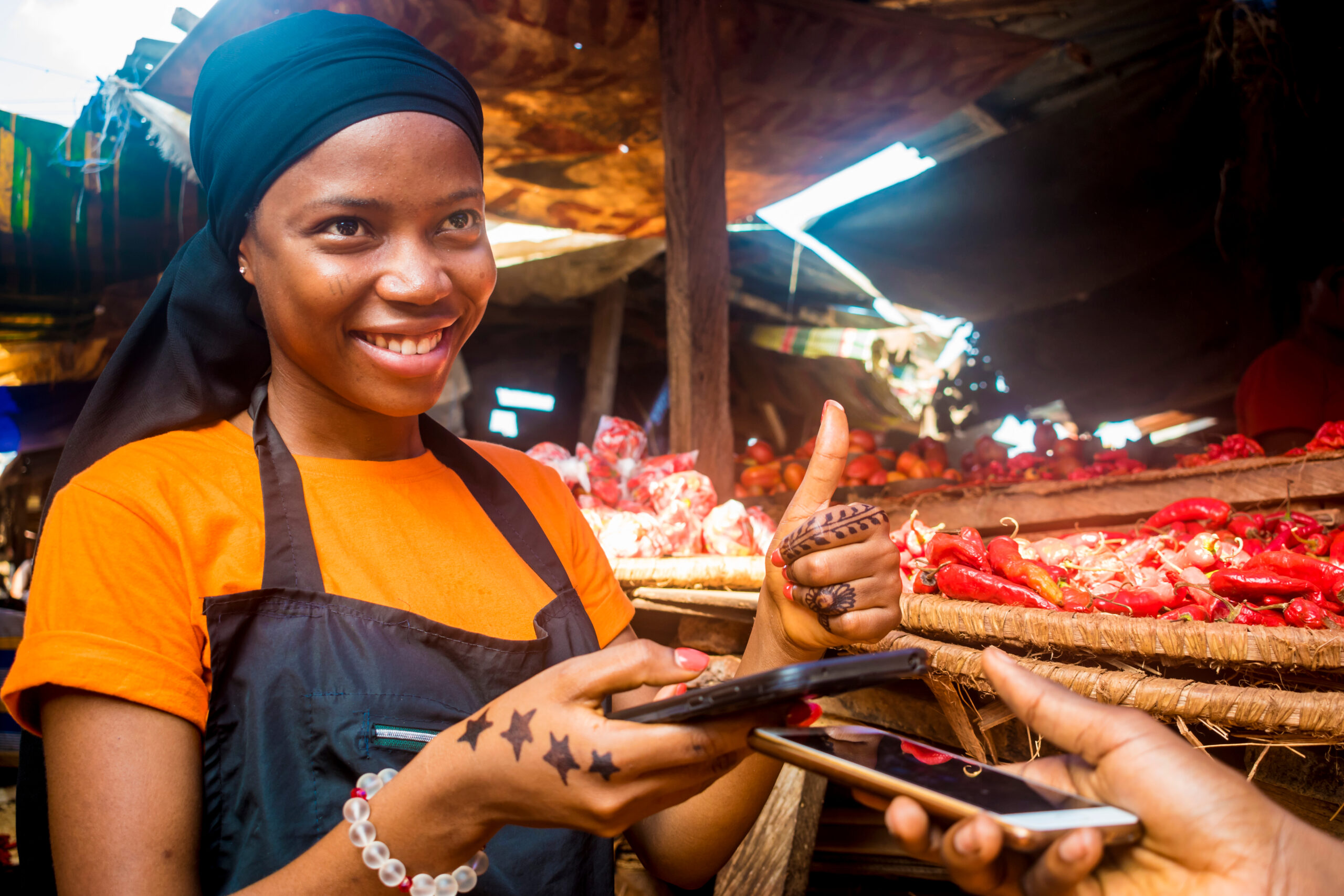In a webinar discussion hosted by TagPay and moderated by Omar Ben Yedder from African Banker; Yves Eonnet (TagPay), Djiba Diallo (Ecobank Group), Obinna Ukwuani (Bank of Kigali) and Carl Manlan (VISA), discussed how the digitalisation of banks is a huge opportunity across Africa and partnerships with fintech would address the challenges of financial inclusion and the rapid scaling up that is needed across the continent.
Banks have to be equipped with the tools that enable them to pre-empt the market and respond quickly to customer demands in a secure and cost-effective way. For the banks to stay relevant Djiba Diallo, Senior Fintech Advisor, Ecobank Group said that it is important to understand fintechs and leverage the opportunities. Banks are still there and still needed but need to adapt to what is happening on the continent and partnering with fintech companies is key to doing that.
Many banks are partnering with Fintech companies to help them digitalise, enabling them to expand their services and reach more customers at the same time.
Obinna Ukwuani, Chief Digital Officer, Bank of Kigali said, “We see digital transformation as a necessity, so the bank has invested in transitioning the bank into this new era”. “All companies are becoming technologies companies, whether a bank or not”.
Cash currently leads the way in the majority of Africa, but to increase financial inclusion, which is increasing already through financial technology, digital banking will need to have continued growth. Financial inclusion also enables banks to feed new businesses and entrepreneurs, and hence builds the economy at the same time. Using the technology of mobile telephones, digital banking will have a significant role to play now and in the future.
Carl Manlan, Vice President, Head of Social Impact, CEMEA, VISA said, “Because we are cash dependent the opportunity to introduce digital payments to help promote financial inclusion is critical and to that we need to ensure that there is adequate financial literacy and skills building along the way to make it work for more people.”
Partnership between banks and fintech’s will not only help reach more customers but also build financial literacy amongst consumers. In addition, the industry will need to develop the talent and skills, and this can be done across Africa ensuring the industry continues to grow.
Banks no longer see Fintech’s as disruptors but partners. More often, as a key part of their business with a shared responsibility for delivering to customers
Banks are going into a new world and need new platforms, new technology and a new architecture, the old core banking system is being surpassed and a new core banking system is needed. FinTech’s will help banks provide a better service to customers, working together and within the same regulatory framework. Digital banking helps with financial inclusion and formalising the economy and banks, globally, need to react to the digital revolution and customer demand.
Yves Eonnet, Chairman of TagPay, summed up the event by saying, “The time we are entering is very exciting for us [FinTech’s] and for you [banks].” “The expertise that we have opens up banks to new ventures and new capabilities, especially due to the low cost and speed of deployment.”
“Systems are designed to target new customers, financial inclusion, or new sectors that are poorly served. This is exciting in Africa because this for me, is the beginning of a new era for banks, and all banks in the world are looking at what is happening in Africa. Because in Africa you have this situation, which is unique, with the financial inclusion issue where banks need to attract new customers, therefore you have customers to serve, have the technology to do it, have the dynamism of the culture that makes it possible and that is where we are to build the bank of the future. I often say the Silicon Valley of banking is not in California but in Africa, it is where it is happening.”







Thanks for sharing. I read many of your blog posts, cool, your blog is very good.
Thanks for sharing. I read many of your blog posts, cool, your blog is very good.
I don’t think the title of your article matches the content lol. Just kidding, mainly because I had some doubts after reading the article.